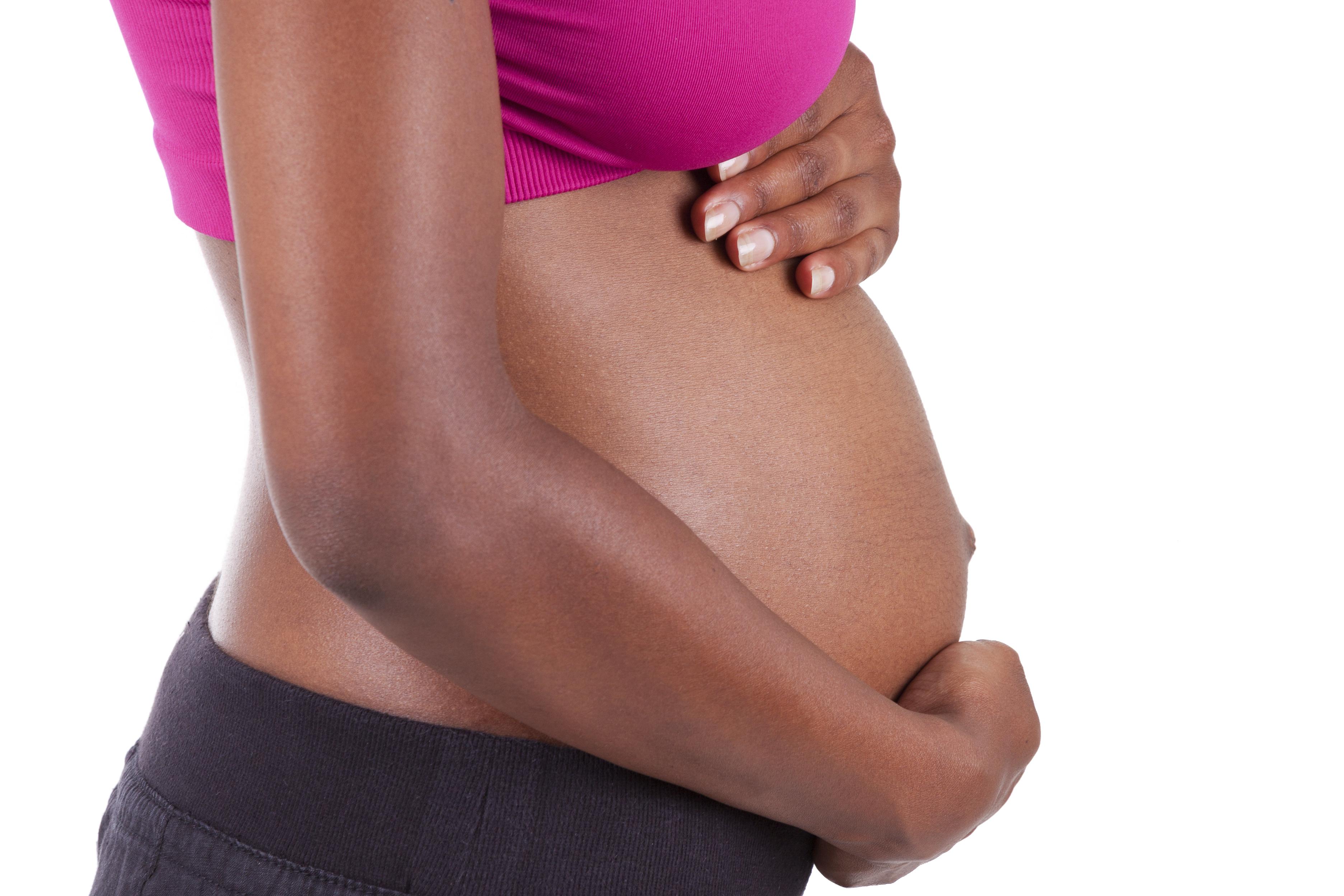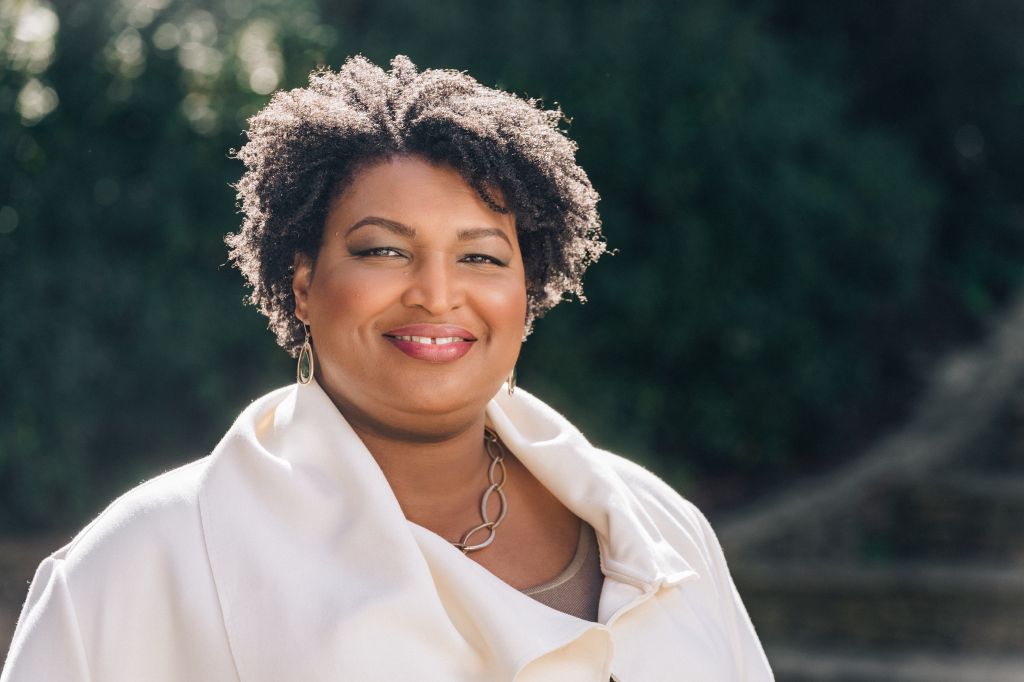Black Maternal Health: Former NFL Cheerleader’s Death Spotlights Racial Equity In Sepsis Care

Source: Getty
The death of engineer and former Kansas City Chiefs cheerleader Krystal “Krissy” Anderson, is shedding light on the disparities that Black women face with sepsis, a life-threatening condition that is triggered by the body’s response to infection leading to tissue and organ damage during pregnancy, childbirth, post-abortion, or the postpartum period.
Women's health care is abysmal in this country, especially when compounded with GOP policies.
— Cleo #endgenocide
(@ColorMeCleo7) March 27, 2024
Anderson, 40, tragically succumbed to maternal sepsis on March 20 after experiencing a stillbirth of her daughter, Charlotte Willow, at 21 weeks. A GoFundMe campaign established in memory of the beloved mother and wife noted that her struggle with sepsis resulted in severe organ failure, necessitating life support.
Despite undergoing three surgeries, the root of the infection remained unidentified. In the early hours of March 20, with her loving family by her side, Krissy peacefully passed away.
“Her radiant smile could light up the darkest room, and her sassy responses never failed to bring laughter and joy. She loved with her whole heart, leaving an imprint on everyone fortunate enough to know her,” a statement published on her GoFundMe campaign stated.
Krystal Anderson spiked a fever shortly after losing Charlotte Willow.
During an interview with Fox 4, Anderson’s husband, Clayton William Anderson, revealed that the former yoga instructor had a high fever when she went into sepsis. The rapid spike led to irreparable organ damage. It’s unclear if there was a delay in treating the former cheerleader’s condition.
“I feel lost,” Clayton said. “There’s a lot of people in this house and it feels empty.”
Anderson was preceded in death by her daughter, Charlotte Willow, and her first child, James Charles, who also died in infancy.
Was she denied the highest standard of maternal care because of Kansas anti-abortion laws? Could her death have been prevented if doctors were not required to wait until no heartbeat could be detected? My deepest condolences to her loved ones she was a bright star in this world.
— another GenX Jennifer (@JMCatherine_4) March 27, 2024
Black women face double the risk of developing severe maternal sepsis compared to women of other races. This significant gap extends to their children as well. Data from the Sepsis Alliance indicates that Black children have a 30% higher chance of developing sepsis following surgery compared to white children. Sepsis Awareness is another issue. Research shows that critical education about the life-threatening condition is 49% lower for Black individuals compared to 76% for white individuals.
Diagnosing early-stage sepsis can be tricky, as symptoms of the condition often resemble typical pregnancy symptoms. Some healthcare providers may struggle to identify it due to inadequate training. However, delayed or overlooked diagnoses also stem from bias, systemic racism in healthcare, and neglectful treatment, resulting in patients, particularly Black women, feeling unheard and seen.
“The way structural racism can play out in this particular disease is not being taken seriously,” Dr. Laura Riley, a gynecologist at Weill Cornell Medicine and New York-Presbyterian Hospital, told AP News about the issue.
“We know that delay in diagnosis is what leads to these really bad outcomes.”
The Kansas City Chiefs honored Anderson on Instagram.
In a post shared to Instagram on March 22, the Kansas City Chiefs paid homage to Anderson, who cheered for the team for over “100 games” between 2006 to 2011 and 2013 to 2016.
“During that time, she attended the Pro Bowl as the Chiefs representative in 2015, served as a captain of her team, cheered during the London game, and visited our troops around the world, including in Iraq, Kuwait, and throughout the United States. She was loved and adored by her teammates, fans, and strangers who were never strangers for long,” the team penned.
“After her time as a cheerleader, she continued to share her love of dance and Chiefs Cheer by serving in an alumni role on gameday, practices, and at events. We will miss her kind spirit, joyful energy, and her sparkle…”
In addition to healthcare, the fierce advocate was involved in philanthropy, actively collaborating with organizations such as Big Brothers and Big Sisters of KC, Gabriella’s Little Library, and the First Hand Foundation. Her advocacy extended to championing Black women in STEM fields and promoting women’s health initiatives.
SEE ALSO
TV One’s ‘A Mother’s Intuition’ Tackles Black Maternal Health In New Suspense Film
Tori Bowie’s Autopsy Results Spotlight The Lingering Black Maternal Health Crisis
window.addEventListener(‘interaction’, function () {
setTimeout(function () {
var s = document.createElement(‘script’), el = document.getElementsByTagName(‘script’)[ 0 ];
s.async = true;
s.src=”https://platform.twitter.com/widgets.js”;
el.parentNode.insertBefore(s, el);
}, 1000)
});
The post Black Maternal Health: Former NFL Cheerleader’s Death Spotlights Racial Equity In Sepsis Care appeared first on NewsOne.







